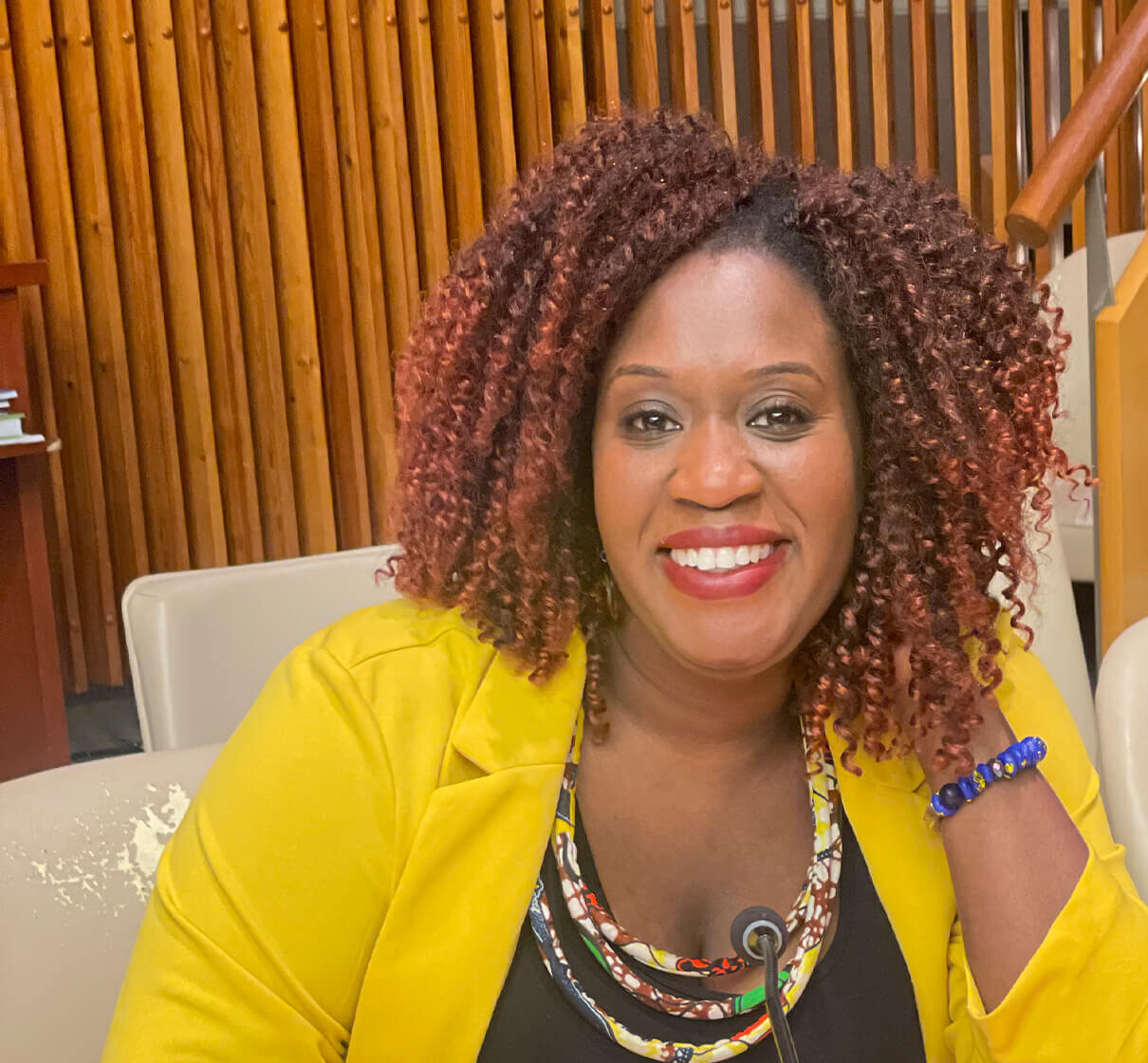Monmouth University Doctor of Social Work (DSW) student Stephanie Asare Nti, LCSW-C, has been selected to serve on the National Standard of Care for Suicide for Social Workers task force.
The newly formed initiative, supported by the National Association of Social Workers (NASW), aims to establish the first national standards for suicide in the profession and integrate suicide training into social work education and state licensure requirements.
“That’s our mission … to be agents of change … It’s what we say, and we live by it. We breathe by it. We’re here to see gaps, see a problem and come up with tangible, holistic, inclusive solutions to problems; working as a team, working collaboration, working with those who are mostly impacted, and those who are in a position to support, to use our voice, to use our skills in communities in which we serve,” Asare Nti said.
As a task force member, Asare Nti offers a doctoral student’s perspective, in addition to her extensive professional experience in international social work, global social issues, and trauma related to displacement from wars, crises around the world, and climate change. She also runs a private practice, serves as chair of the NASW International Committee, and is the immediate past president of the NASW Maryland chapter. Additionally, she has held board positions with NASW chapters in New Jersey, Maryland, and Delaware.
Her NASW connections played a key role in establishing the task force. She introduced Monmouth’s Michelle Scott, Ph.D., professor in the School of Social Work director of the SRF Suicide Prevention Research and Training Project, and Maureen Underwood, LCSW, a clinical affiliate faculty member, to NASW President Yvonne Chase, Ph.D. Their discussion led to the creation of the task force, co-chaired by Scott and Underwood, and the inclusion of Asare Nti and other social work students as members.
“Getting students involved has always been a priority because they are the next generation. We want to make sure that we pay it forward, that we teach, support, mentor people that are coming into the profession. We encourage student involvement because they bring a lens that we don’t always have on the board, and being a student, I appreciate it even more right now,” Asare Nti said.

